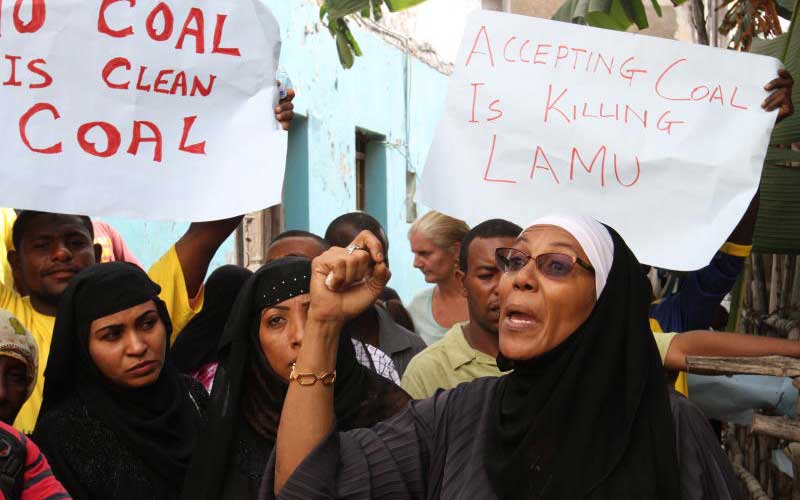×
The Standard e-Paper
Smart Minds Choose Us

Kenya is pressing on with plans to develop coal energy despite growing calls for governments across the world to scrap fossil fuels. This casts doubt on Kenya’s commitment to its own climate change strategy.
Data from the National Treasury indicates the Ministry of Energy has earmarked more than Sh2 billion for coal exploration and mining over the next three years.